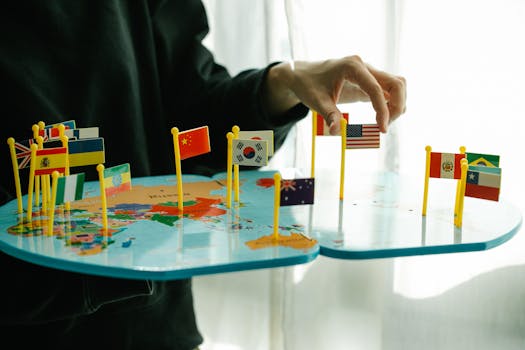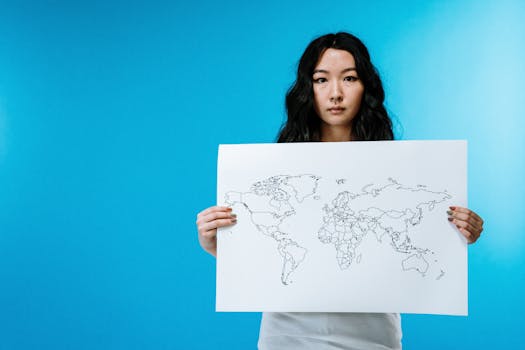What is Cultural Diversity?

Cultural diversity refers to the variety of cultural or ethnic groups within a society. It encompasses the rich tapestry of customs, beliefs, languages, arts, and traditions that come together to form unique identities in societies globally. As our world becomes increasingly connected, the presence of cultural diversity is a crucial element that should be recognized and celebrated.
The Benefits of Cultural Diversity

Cultural diversity brings manifold advantages. One key benefit is the promotion of tolerance and understanding among different racial and cultural backgrounds, leading to peaceful coexistence. Studies have shown that businesses with diverse workforces are more innovative and perform better because they bring various perspectives to problem-solving. Additionally, a culturally diverse environment can enhance individual creativity, leading to the production of remarkable art, music, and literature.
Challenges of Embracing Cultural Diversity

While understanding and embracing cultural diversity provides countless benefits, there are challenges that come with it. Misinterpretations and prejudices can result in conflict. Moreover, achieving true representation requires ongoing effort and reform within institutions, from education systems to workplaces. Combating discrimination and promoting equity are essential tasks organizations must undertake to create an inclusive environment that benefits everyone.
The Role of Education in Promoting Cultural Awareness

Education plays a pivotal role in fostering appreciation for cultural diversity. By integrating multicultural education in school curriculums, students gain exposure to various cultures from a young age. This exposure not only equips them with knowledge of global issues but also instills values of empathy and respect for differing backgrounds. Active discussions about cultural differences can develop critical thinking, challenging stereotypes and fostering a more harmonious society.
Cultural Diversity in the Digital Age

The rise of the internet has revolutionized how cultures interact and influence each other. Social media and online platforms practice a cross-cultural dialogue that enhances connectivity among people worldwide. This not only facilitates the spread of cultural practices but also raises concerns regarding cultural appropriation versus appreciation. Therefore, a careful balance is needed to honor the originality of cultures while sharing and learning from one another.